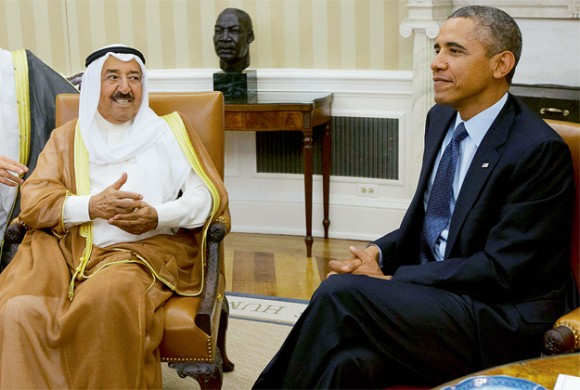According to a report at Foreign Policy, a new piece of legislation due for a vote on Wednesday of this week would force Voice of America, the federally funded news media organization, to toe the U.S. line even more closely and become an explicit propaganda tool of Washington.
A powerful pair of lawmakers in the House of Representatives have agreed on major legislation to overhaul Voice of America and other government-funded broadcasting outlets that could have implications for the broadcaster’s editorial independence, Foreign Policy has learned.
The new legislation tweaks the language of VOA’s mission to explicitly outline the organization’s role in supporting U.S. “public diplomacy” and the “policies” of the United States government, a move that would settle a long-running dispute within the federal government about whether VOA should function as a neutral news organization rather than a messaging tool of Washington.
“It is time for broad reforms; now more than ever, U.S. international broadcasts must be effective,” said Rep. Ed Royce (R-CA), the chairman of the House Foreign Affairs Committee, in a statement.
VOA has always been a propaganda outlet, broadly speaking, but it reportedly has taken an adversarial stance in some cases. Foreign Policy:
Founded in 1942 as a part of the Office of War Information, the VOA was originally tasked with countering Japanese and Nazi propaganda. In the 1950s, it moved to the State Department and the U.S. Information Agency where it focused its efforts on countering Communist propaganda. In later years, VOA concentrated on providing news to individuals living in repressive regimes. In 1976, President Gerald Ford signed its principles into law, emphasizing VOA’s mission as an “accurate, objective, and comprehensive” source of news, as opposed to a propaganda outlet.
For many years since then, employees at the TV and radio broadcaster have insisted on viewing themselves as objective journalists as opposed to instruments of American foreign policy. On some rare occasions, that sense of independence has resulted in news stories that depict the United States in a less than favorable light.
“The persian News Network of Voice of America has been documented to show anti-American bias,” the conservative Heritage Foundation alleged in a policy brief this month.
Every government has some form of propaganda outlet. But the U.S.A. and the people within it have always thought of themselves as different. Propaganda is a dirty word and a filthy activity that only governments less divine than ours engage in. We are benevolent and good, which makes the need for self-serving and inaccurate propaganda obsolete.
But if we have bipartisan legislation moving through Congress that explicitly calls for VOA and other U.S. funded news outlets to toe the fallacious government line, then perhaps we’ve lost even that level of pretense.




